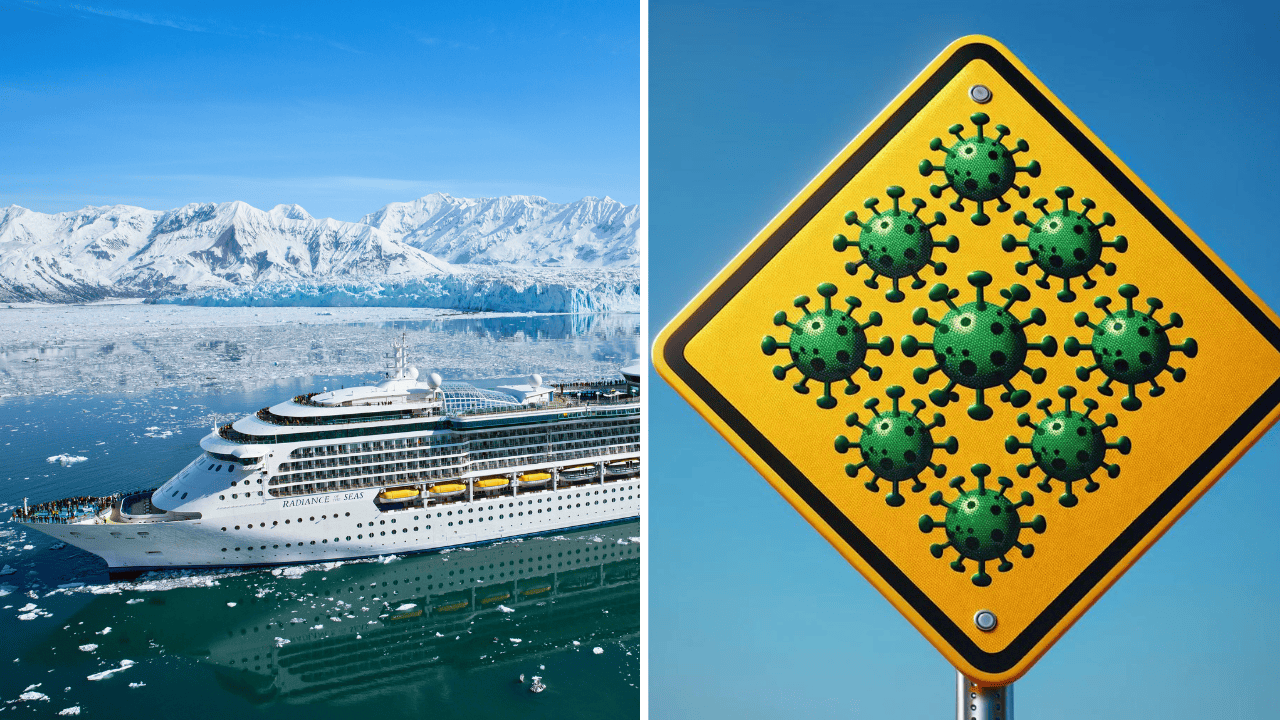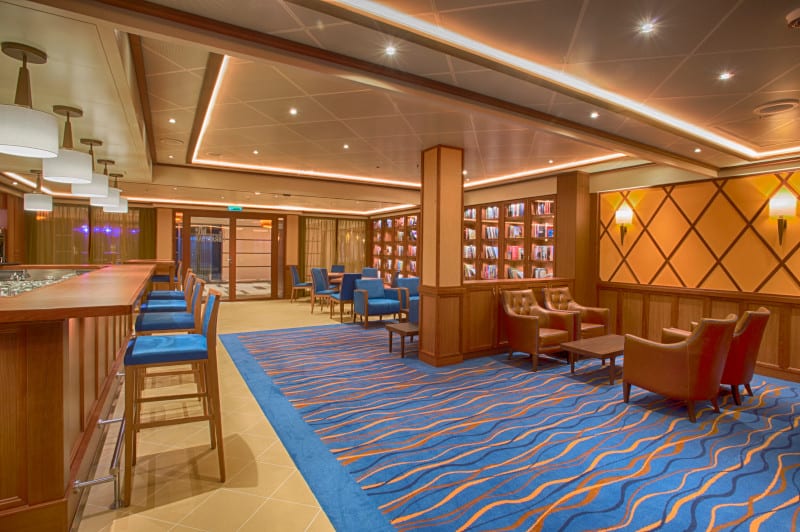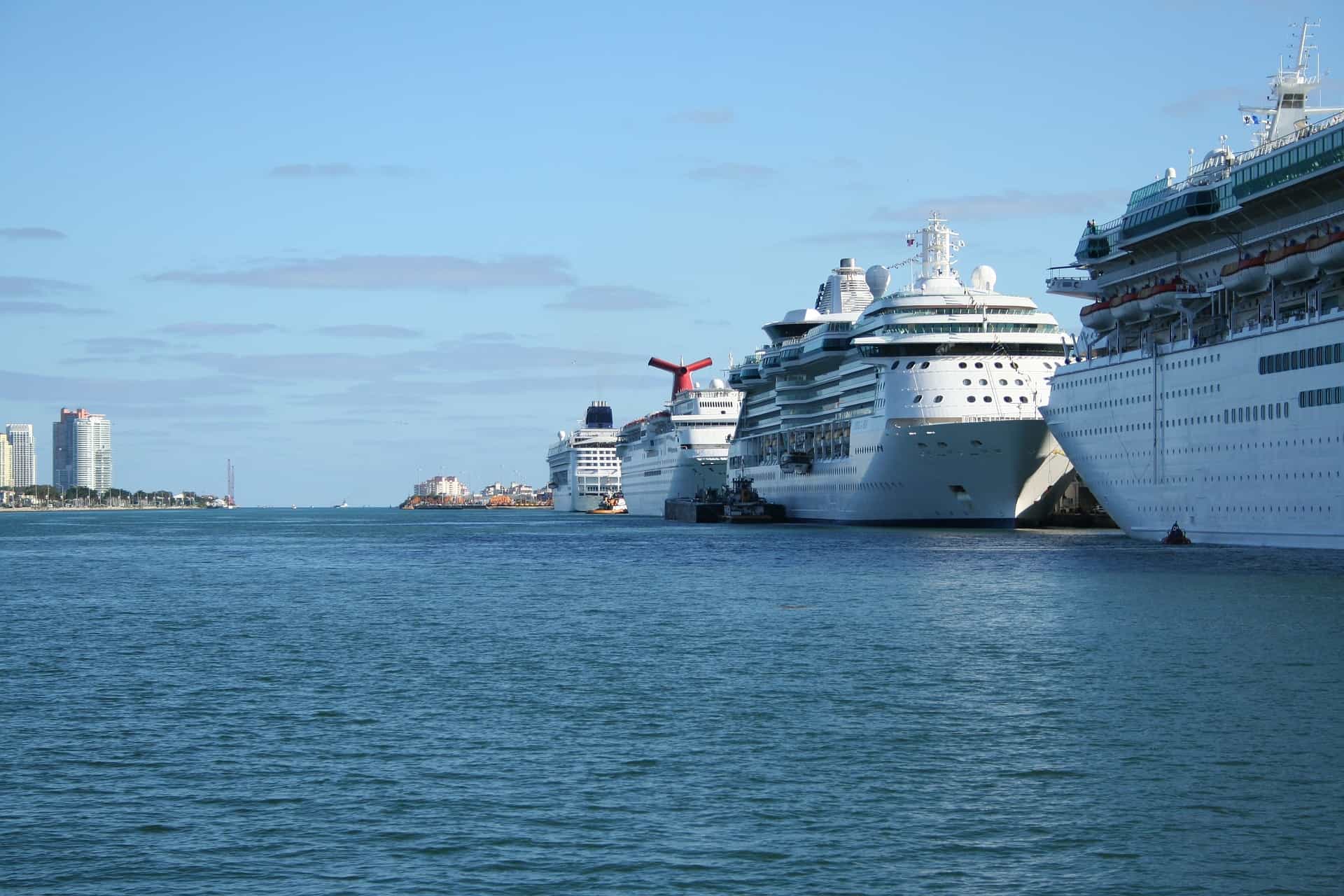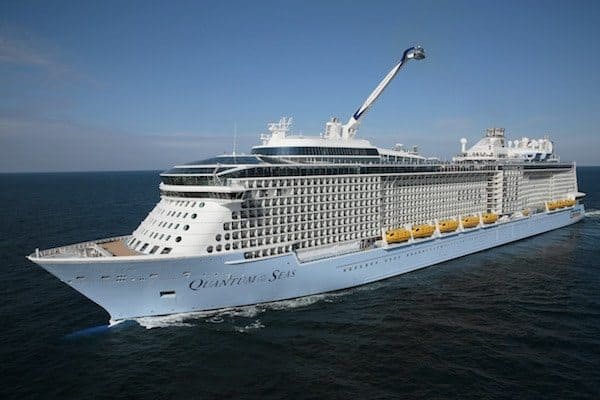In an era where constant connectivity has become the norm, some travelers opt for vacations that offer a break from the digital world.
According to Business Insider, many businesses are also trying to create spaces that minimize the use of digital devices.
For instance, a cabin company in the woods offers digital detox long weekends. Travelers can use their phones to reach the cabin, but once there, they must lock their phones.
Wi-Fi-free cruises are gaining popularity among those who want to disconnect from emails, social media, and the never-ending stream of notifications.
These passengers see an internet-free cruise as a way to be fully present, engage with others, and enjoy the journey without distractions.
The Appeal of a Digital Detox

Digital devices, especially smartphones, have become an inseparable part of people’s lives. A Pew Research Center survey found that around 62% of Americans between 18 and 29 are almost constantly online. Right behind them are those aged 30 to 49 years, with 54% being almost always online.
Modern life is filled with screens, making it difficult to step away from technology, even on vacation. Many people check messages, scroll through social media, or reply to work emails even when they intend to relax. This reliance on digital communication has sparked a growing interest in vacations, which encourage genuine, face-to-face interactions.
Cruise lines that offer Wi-Fi-free experiences appeal to those who want a true escape. Without internet access, travelers focus more on their surroundings, whether the vast ocean, stunning sunsets, or the company of fellow passengers. Conversations take precedence over social media, and work-related notifications don’t interrupt relaxation.
The appeal goes beyond nostalgia; it’s about reclaiming personal time in a world that rarely allows for a pause.
Are Wi-Fi-free cruises completely offline, or is there some internet access available?
Most Wi-Fi-free cruises eliminate general internet access but may offer limited connectivity for emergencies. Some cruise lines provide access to basic communication tools like shipboard messaging or satellite phones for urgent situations. However, passengers are encouraged to remain offline as much as possible.
A Response to Growing Digital Concerns
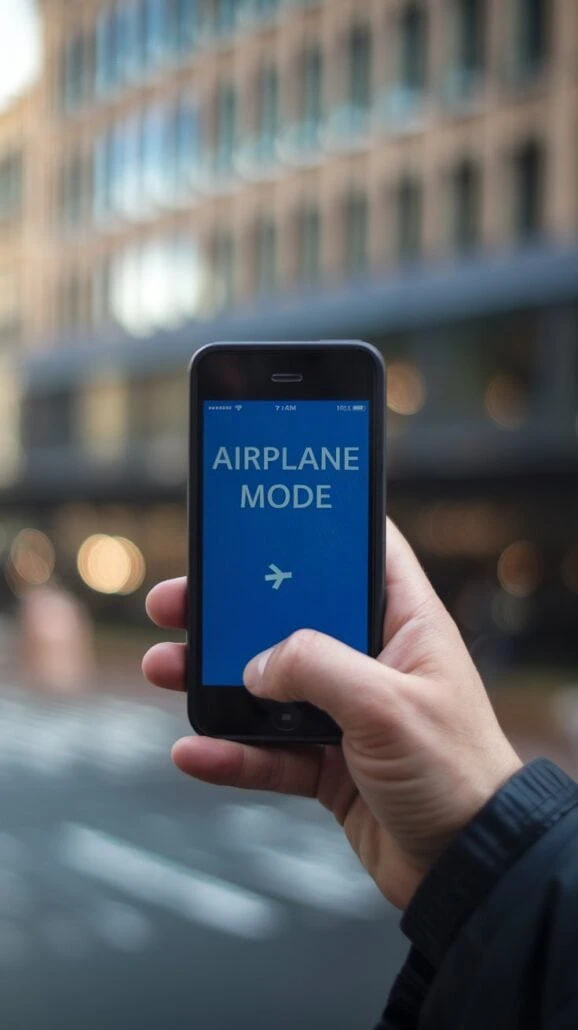
Recent discussions about the effects of social media have also contributed to this shift. The Cureus Journal of Medical Science shows that adolescents are most vulnerable to the mental health impacts of social media. Constant comparison, self-doubt, and cyberbullying are some of the most common concerns of social media use. Additionally, constant use also results in chronic sleep loss, which impacts cognitive health.
The problem is that many cannot avoid social media despite knowing the consequences. This is mainly because these platforms use opportunistic algorithms that keep users engaged.
According to TorHoerman Law, Snapchat is different from other social media platforms as it primarily shows images and videos shared by friends.
However, it can still cause the same mental health problems due to features that prevent users from disengaging. Thus, it can also lead to mental health problems like social media addiction, body dysmorphia, eating disorders, etc.
Young adults and parents of teenagers or adolescents who have suffered from such issues have filed a Snapchat lawsuit. They have sought help from lawyers to fight against the social media giant to make it take accountability for their mental health problems.
Cases like this have encouraged people to rethink their relationship with technology, making the idea of a Wi-Fi-free vacation more appealing. Rather than feeling the pressure to document every moment, travelers can fully immerse themselves in their experiences.
How do Wi-Fi-free cruises help reduce stress and anxiety?
Disconnecting from constant notifications, emails, and social media updates allows travelers to focus on relaxation and real-world interactions. Without the pressure to stay online, many experience lower stress levels, improved sleep, and a greater sense of mindfulness throughout their trip.
A Return to Simpler Pleasures
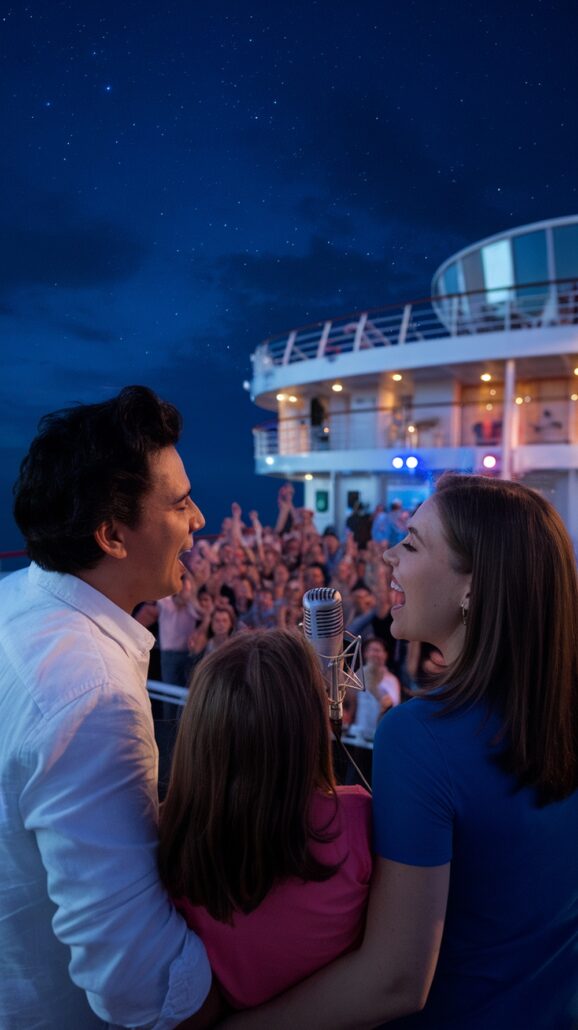
One of the biggest draws of Wi-Fi-free cruises is the opportunity to engage in activities that don’t require a screen.
Passengers rediscover the joy of reading a book, engaging in long conversations, or watching the waves. This slower pace allows people to be more mindful of their surroundings and appreciate the present moment.
The benefits are even more significant for families. Parents and children spend more quality time together without the distraction of devices.
Games, storytelling, and shared experiences replace individual screen time, leading to stronger connections and lasting memories.
Young adults, who are most vulnerable to the negative impact of digital devices, can also do many fun things. Cruise Critic states that they can lean into late-night musical fun like discos or karaoke based on what’s available on the cruise. Additionally, they can also explore water sports or engage in onboard entertainment.
What activities can passengers enjoy on a Wi-Fi-free cruise?
Travelers can participate in onboard entertainment, such as live music, cooking classes, and trivia. Many also enjoy reading, journaling, swimming, or taking in the scenery. The lack of internet access encourages people to engage with their surroundings more meaningfully.
Challenges and Adjustments
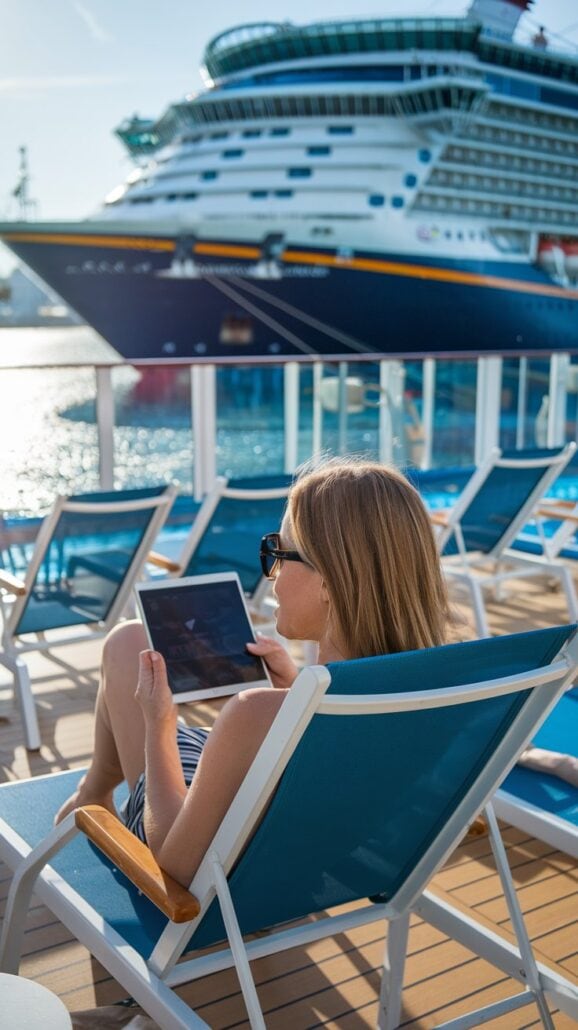
Choosing a Wi-Fi-free cruise does come with challenges, especially for those who are used to being online at all times. The adjustment period can be difficult, with many travelers experiencing a strong urge to check their phones.
However, once they settle into the rhythm of an internet-free environment, many report feeling a sense of relief. The pressure to respond instantly disappears, and they find a new appreciation for the present.
Some cruise lines still offer limited connectivity for emergencies, but they encourage guests to unplug as much as possible. Instead of relying on maps or instant searches, passengers ask for recommendations or things to do, rely on printed schedules, and engage more with the people around them. This shift can initially feel unfamiliar, but many passengers find it refreshing.
The Lasting Impact of an Offline Vacation
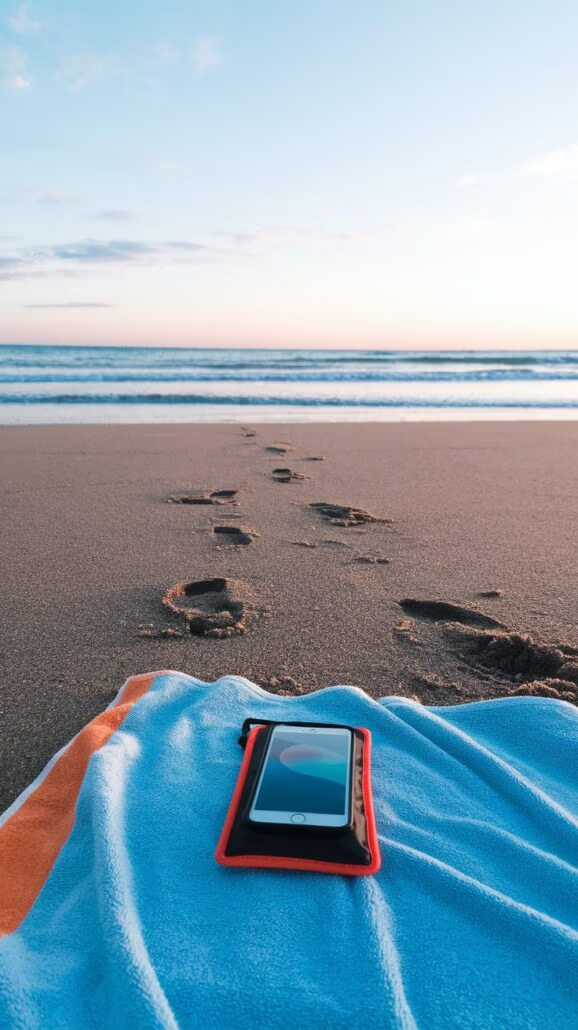
Even briefly stepping away from digital distractions can have a lasting impact. Travelers who experience a Wi-Fi-free cruise often return home with a different perspective on technology use.
Many report being more intentional about their screen time, limiting social media, or setting boundaries for checking emails.
The appeal of these cruises continues to grow as more people seek meaningful ways to relax. Disconnecting from Wi-Fi isn’t just about stepping away from technology; it’s about rediscovering personal connections, appreciating simple pleasures, and allowing space for honest conversations.
In a world that constantly demands attention, taking a break from the digital noise offers a rare and valuable experience.


